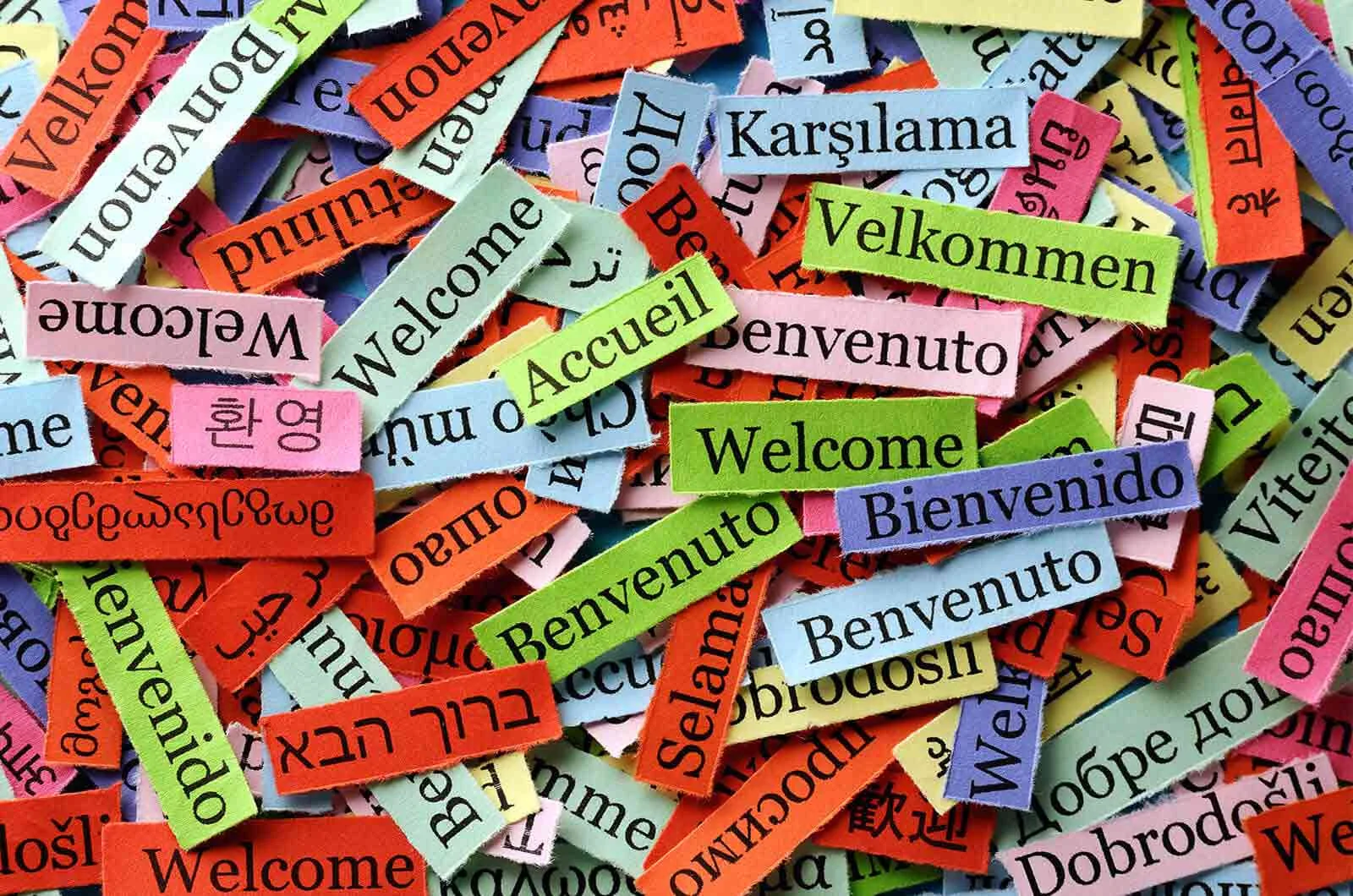
Read More
If you want to boost your career in 2022, you need to improve your language skills. Language development is essential for communication in global or culturally diverse workplaces. Whether you’re working with clients or colleagues with a different primary language, or simply trying to write proposals and reports to suppliers and business partners overseas, strong language skills will give you an edge over the competition.
As language specialists, we know all the tips and tricks you can implement to improve your language level and thus career success. And we will share them all with you in this article. Keep reading to discover more about what language skills are and our top tips for becoming a pro.
What are Language Skills?
Language skills are abilities that allow people to communicate with others in a precise and proficient way that makes their message simple to understand. Speaking is the language skill that most people think of initially. However, other communication skills play a vital role in language development. Therefore, language skills are an umbrella term encompassing speaking, reading, writing, and listening.
Language skills are important in many walks of life, but they are crucial in a professional setting. For example, if you are a doctor, you need to be able to read medical journals and understand medical terminology at a certain language level. If you are a teacher, you need to be able to speak in front of a class and explain complex concepts. And if you are working in a multicultural or global work environment, you need to be able to communicate with members of the team in your secondary language.
Introduction to the Four Language Skills
Reading, listening, speaking, and writing are the essential language skills. Below we delve deeper into each of the four language skills and how you can improve your abilities within each.
1. Reading
Reading is the ability to understand written text. This is an important language skill in all areas of business, from reading simple emails to understanding complex technical documents and reports. To improve your language level, you can read text out loud and have discussions with co-workers about the written document can help improve understanding and language development. Additionally, you can read books or articles to broaden your knowledge.
2. Listening
Listening is the ability to understand a spoken language. It is an important language skill in work and social settings. With stronger listening skills, you will be able to understand what is being said around you and react accordingly. You may even find that your language level increases when you listen more! Paying close attention to non-verbal cues and linking these with words and phrases can help improve understanding. It also helps to maintain eye contact with the speaker where possible, and don’t be afraid to ask questions if you need more clarification to improve language development.
3. Speaking
Speaking fluently and confidently is a very important language skill when it comes to social interactions and business meetings. By sharing your ideas verbally, you will be able to improve your language level. The best way to improve speaking is through practice. Additionally, phone calls are particularly challenging for most but often occur in a professional setting. Have mock phone conversations with friends and family to improve language development.
4. Writing
Writing is the ability to produce a written language using a computer or pen and paper. One of the reasons you may want to improve your writing skills is to help you convey more complicated ideas. Additionally, writing is a useful language skill when creating reports and other texts that can help you in your career. A diary of useful sentences or words you commonly use but struggle to remember can help improve your language level.
Other Ways to Improve Your Language Level
If you want to improve your language level, it’s important to practice them regularly. You can find plenty of resources online or in your local library to help with language development. You can also join a language class or practice with a friend or colleague. The more you practice, the better you will become at using the language skills you have learned.
Another way to improve your language development is to use them regularly in authentic contexts. If you can find a job where you can use your language skills all the time, this will help to improve your language level. Ultimately, any practice you can fit in is beneficial. Additionally, don’t be scared of making mistakes – learning from your errors is the best way to ensure you don’t keep falling into the same pitfalls. Furthermore, you can effectively improve your language skills during your holidays. Your holidays will increase your chances of communicating with more people who speak the language.
Closing Thoughts
As we’ve discussed, language development is important for your career success. But what should you work on first? The four key language skills to improve in terms of importance are reading, listening, writing, and speaking fluently. If this sounds daunting or too complicated – don’t worry! You can take baby steps by focusing on just one skill at a time and gradually adding more as you become more comfortable with each area to slowly improve your language level.
In summary, if you want to improve your language skills for your career in 2022, there are two important things that you should do: practice regularly in authentic contexts. After all, practice makes perfect!
Best wishes for 2022!


